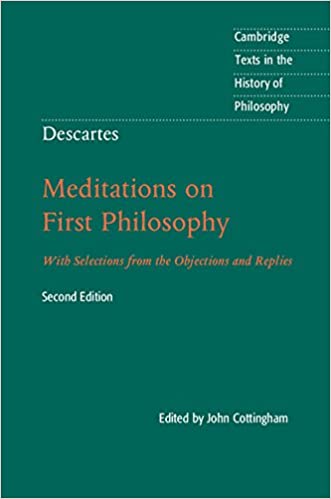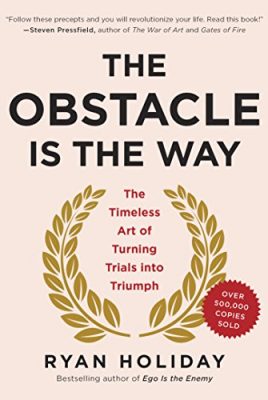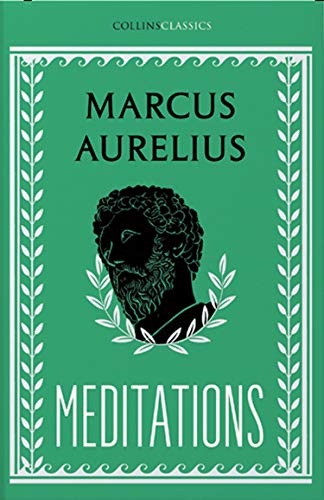Note: This post contains affiliate links which means if you click on a link and purchase an item, we will receive an affiliate commission at no extra cost to you.

Why This Book Matters:
Written by the father of modern philosophy Rene Descartes in 1640, Meditations on First Philosophy is Descartes’s masterpiece and the origin of his famous quote: “I think; therefore, I am.” Descartes presents his ideas on the things we know, how we know them, and puts forth his arguments on the existence of God.
The Big Takeaways:
- If we are thinking, we are existing.
- If Descartes puts a strong emphasis on thought. He argues that thinking is the first proof of our existence.
- Mind and body are two entities independent of one another.
- Descartes argues that the mind does not need a body to exist.
- Senses are the greatest deceivers.
- Descartes argues that the mind is the greatest deceiver of all. Being skeptical of every bit of information we receive is the only way to avoid being deceived.
- Our natural ability to think is proof of the greatest thinker of all.
- Descartes puts forth fantastic evidence to prove God’s existence by basing his example on our born-ability to think.
- There are three levels of origin and existence for everything we encounter.
- Every single thing we see and interact with is multi-dimensional.









Leave a Reply
View Comments